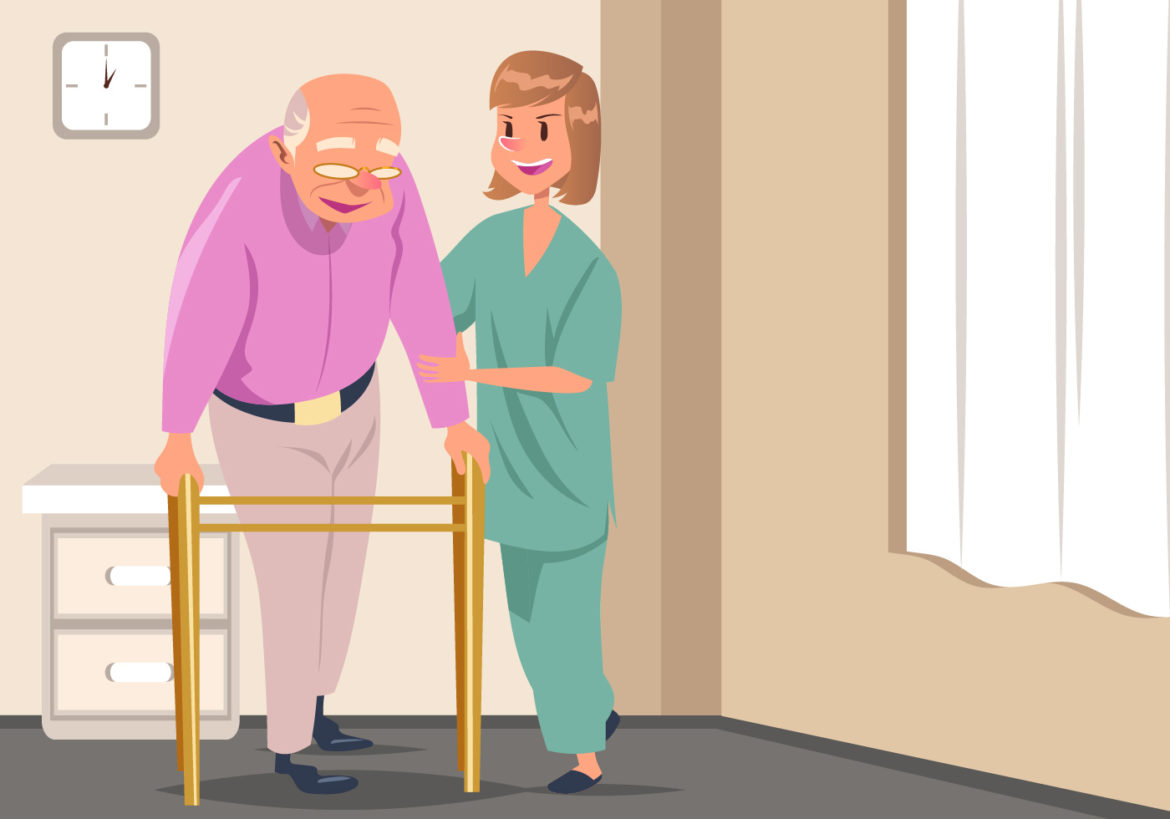Loving someone who is ill or physically disabled is easy. The hard part is taking care of a loved one who has a debilitating disease or mental decline. For some people, caring for a loved one is just part of their make-up. For others, the role of the caretaker was something that has been thrust upon them unexpectedly. Whatever way you have found yourself in a caretaker position, there are five things you should know when taking care of a loved one:
Contents
1. Proper Equipment Use and Care
Some patients require equipment like a kangaroo pump or an oxygen tank to help them survive. Knowing how to use equipment properly is imperative to the safety and well-being of your loved one. Read the manuals. Ask the home health nurse for a demonstration. Know what to do if a feeding tube needs flushing or if a glucometer requires coding. This will help to keep the patient safe. It will also make your job as a caretaker easier.
2. Take a Break
Even the most dedicated spouse or child can tire out when faced with round-the-clock care of a loved one. Sure, you want your husband to have the absolute best care possible. You are the only one that knows he doesn’t like his sheets tucked tight or his pillows piled high. However, the care you provide will suffer if you are exhausted mentally and physically. Take a break. Ask for help from other family members and friends. Hire someone to come in a few hours a week while you rest. You can also check out https://vivanteliving.com/ – they have got excellent facilities.
3. Take Care of Yourself

Few things are harder than taking care of a loved one. You pour yourself into their needs, their comfort. However, if you forget to take care of yourself, you will not be able to continue providing care for them for long. You will find yourself exhausted, snappy, and on the verge of a mental breakdown. Take care of yourself so you can take care of your loved one by trying:
- Daily exercise
- Meditation
- Yoga
- Proper sleep
- Eating healthy
Eating right and exercising will give your body the fuel and stamina it needs to keep performing. Getting a good night’s sleep will allow your body to recharge. Yoga and meditation help to keep you calm and focused mentally. All of this will allow you to become the best caregiver you can be.
4. Accept Help
Accepting help can be difficult for a caregiver. Help can come in many forms, such as a concerned friend or neighbor, or even a lift or shower chair. Accept the fact that as a caregiver, you need all of the help you can get—from people and equipment to society and community help.
The reality is that as diseases like Parkinson’s progress, you will not physically be able to continue lifting your loved one. Use the lift to save your back. Use the shower chair to make it easier to keep your family member clean without having to stoop and bend. Take advantage of a neighbor or friend’s offer to stay with your spouse while you run errands. Accept the kindness of a church or community group that cleans homes for those with chronic or acute health conditions. These things will make your life easier as you care for your husband, parent, or child.
5. Watch for Burnout
Burnout is a very real thing that caregivers experience. You may think that because you love this person you are caring for, that you could never tire of taking care of them. That is false. Even the strongest person can suffer burnout when they try to do it all alone. Symptoms of caregiver burnout may be subtle at first. You may get frustrated easily. You could feel a sense of hopelessness. You could get angry. The symptoms will increase if the burnout is not dealt with properly.
There are plenty of support systems that can help you deal with caregiver burnout. Join a support group when you become a caregiver. This will help you prepare for what lies ahead. You can set realistic goals and learn tips to cope. Caregiving is hard. Remember to love yourself, too.

